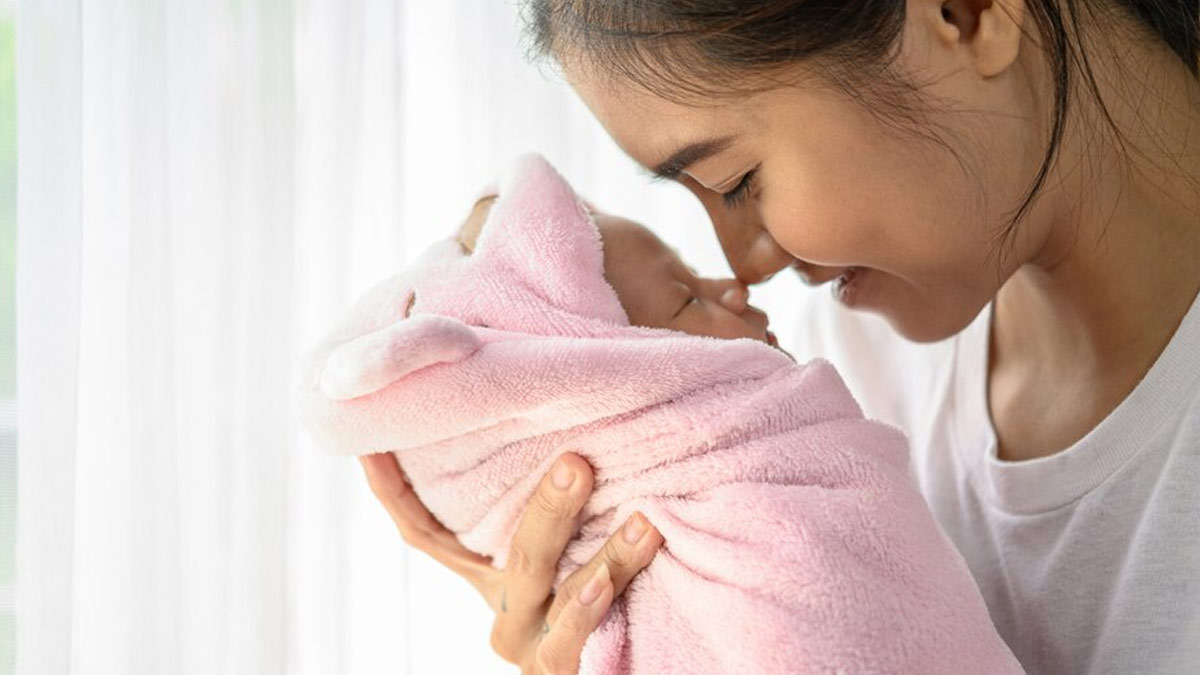
Many couples struggle with conceiving naturally even after years of trying, which may indicate an underlying problem of infertility. In-vitro fertilisation (IVF), an innovative reproductive procedure, provides fresh optimism for couples, presenting a myriad of avenues to achieve their aspirations of parenthood by overcoming biological challenges. According to a study published by the University College London (UCL), one in five women can conceive naturally after having a baby with the help of IVF. We spoke to our expert Dr Arunima Haldar, Consultant - IVF and Reproductive Medicine, Manipal Hospital, Whitefield, who explained the outcomes of IVF and listed underlying factors of infertility.
Table of Content:-
The study highlighted that around 20% of women who required fertility treatment, such as IVF, to conceive their first child are likely to become pregnant, mostly within three years. The researchers believe the results are significant because many women might not be aware that they might conceive naturally after undergoing reproductive treatment. This could result in them getting pregnant again quickly or before they're ready, which could be harmful to the mother's and the child's health.

Dr Haldar said, “The outcome of IVF can be affected by various factors, some of which can be altered or controlled, while others remain beyond our influence. Age is an important non-modifiable factor when it comes to the success of IVF. Women over 35 years of age may experience a decline in fertility, whereas younger women have higher success rates of becoming pregnant through IVF. The amount and quality of eggs decline as women age. The decline in quality leads to higher chances of genetic genetic abnormalities.
Also Read: Supporting Your Partner Through IVF: A Guide To Nurturing Mental Health
Male Factors: The Impact of Age on Semen Quality
Dr Haldar added, “Males over the age of 50 can have a decrease in semen quality which may contribute to lower success rates. There are several underlying causes of infertility, such as chronic inflammation, endometriosis, Polycystic Ovary Syndrome (PCOS), fibroids, APLA (antiphospholipid antibodies), or problems with the fallopian tubes. It is important to assess the causes to provide prompt care when one is preparing for IVF conception.”

Identifying Underlying Causes Of Infertility
Dr Haldar highlighted, “Conditions like PCOS are easily manageable, but endometriosis can make the treatment difficult as it is a condition of chronic inflammation. The outcome of IVF is impacted by various factors, including those beyond our ability to manage, such as age and genetic variables.”
Bottomline
Dr Haldar concluded, “Making lifestyle adjustments and conducting a thorough assessment of the root causes of infertility can lead to substantial enhancements in the success rates of IVF. While IVF pregnancies may be considered high-risk, with advanced obstetric medical care and NICU support, the chances of a successful conception and healthy delivery are greatly enhanced. Also, couples trying to conceive through IVF should work closely with their fertility specialists and follow recommended precautions to achieve their dream of parenthood.”
[Disclaimer: This article contains information provided by a registered healthcare professional and is for informational purposes only. Hence, we advise you to consult your expert if you face fertility issues for a proper diagnosis and future planning.]
Also watch this video
How we keep this article up to date:
We work with experts and keep a close eye on the latest in health and wellness. Whenever there is a new research or helpful information, we update our articles with accurate and useful advice.
Current Version